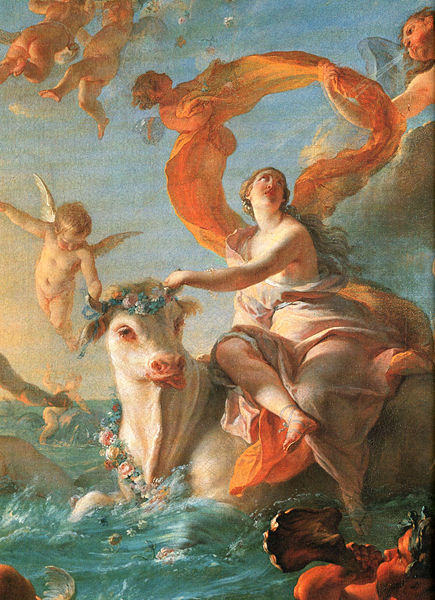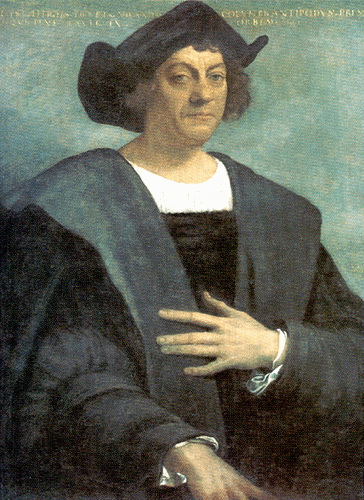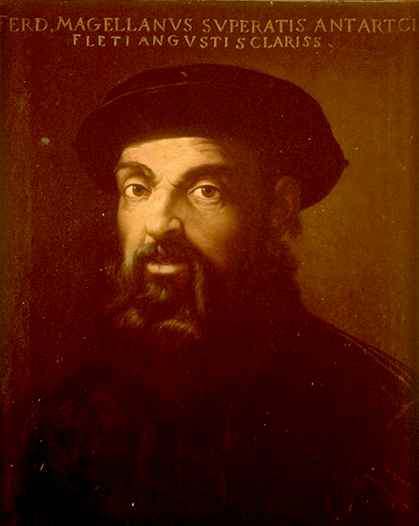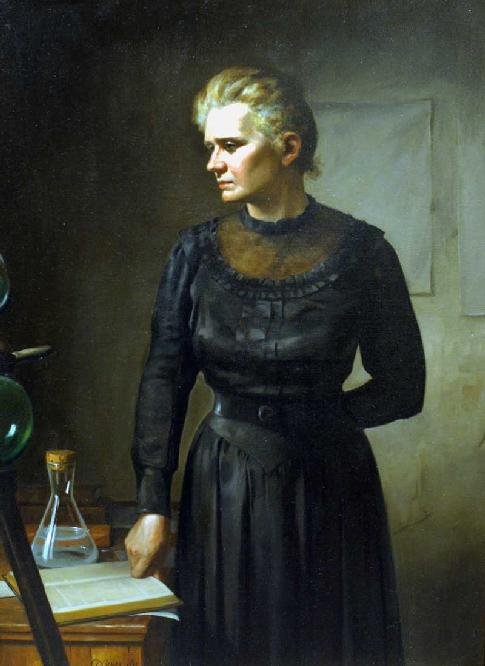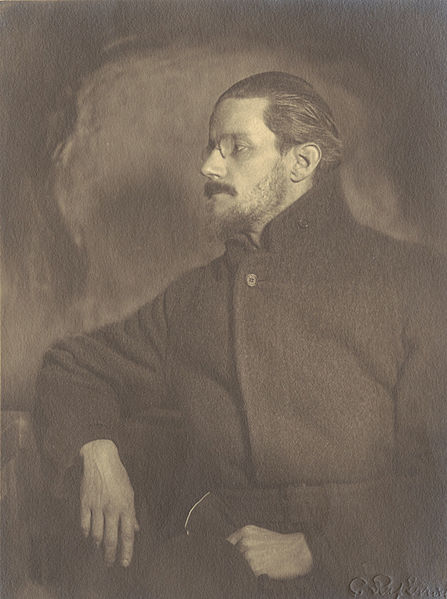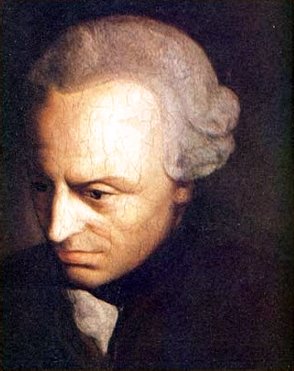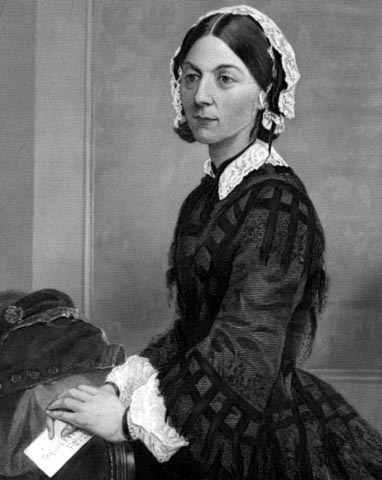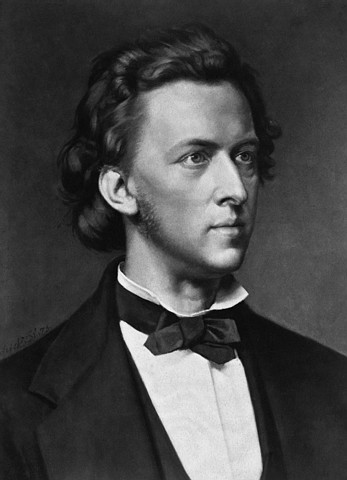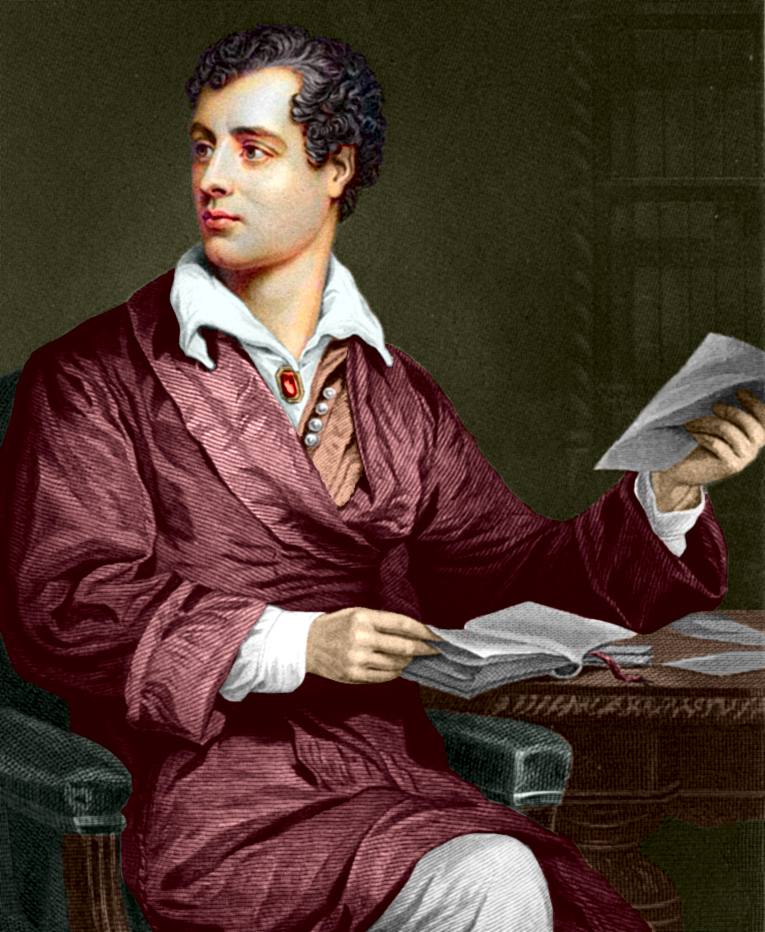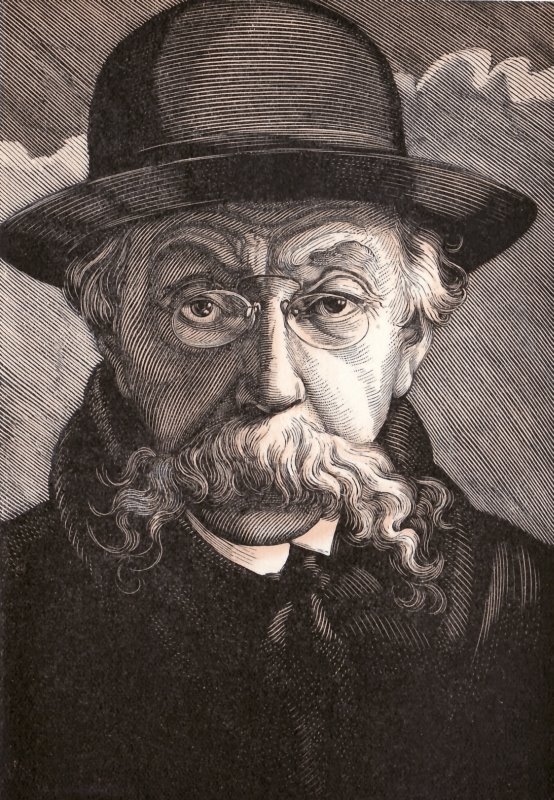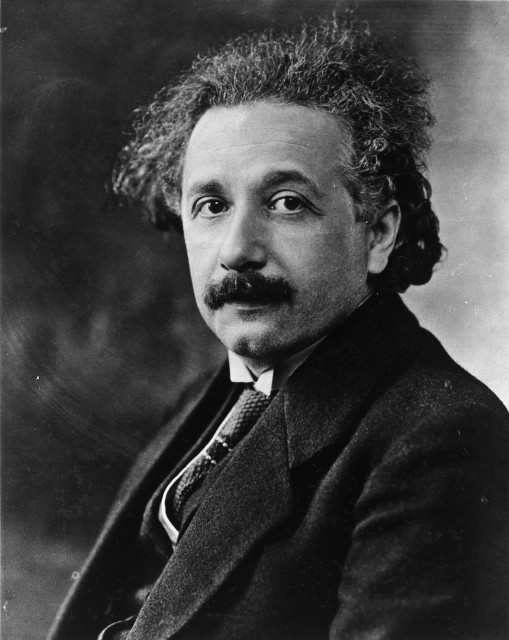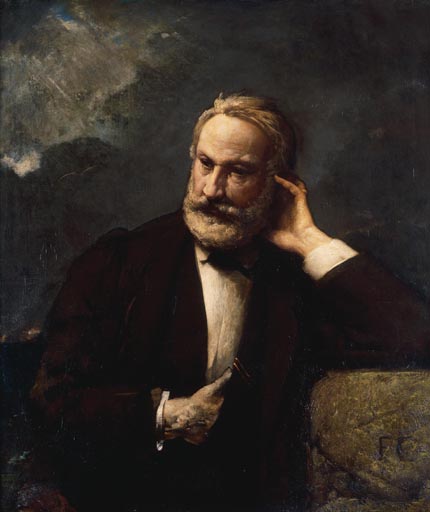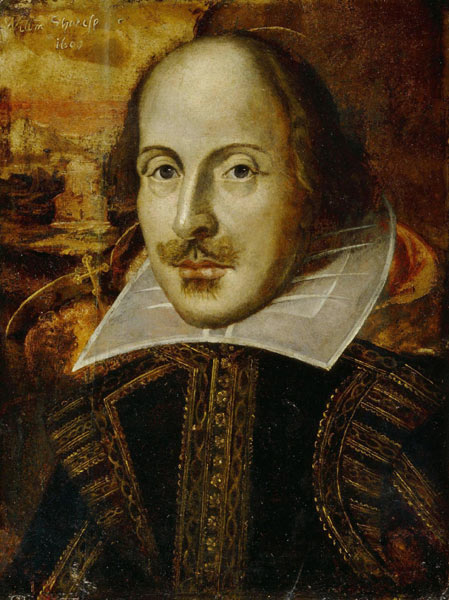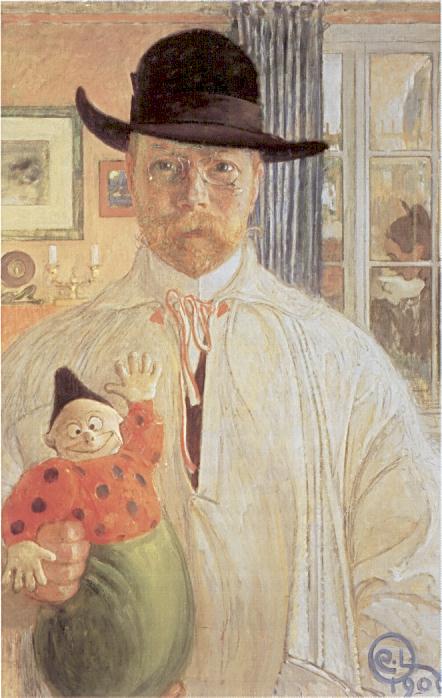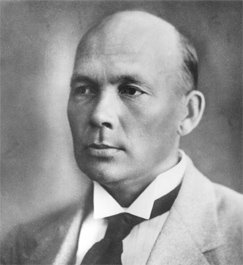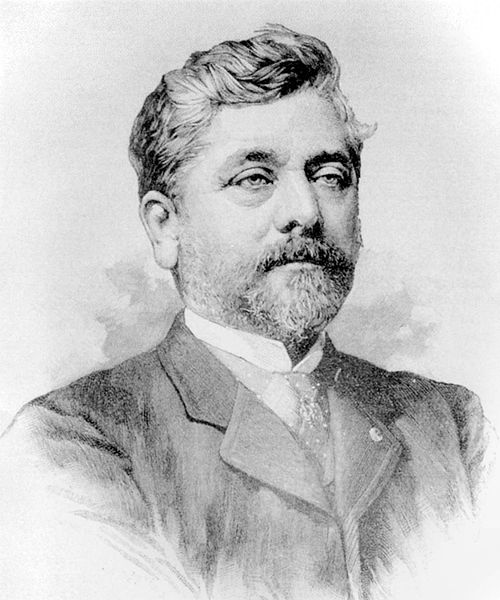 Why We All Need To Keep A Watchful Eye On What Is Happening In Greece
Why We All Need To Keep A Watchful Eye On What Is Happening In Greece. Edward Hugh, A Fistfull of Euros (en)
" ... EMU membership no longer gives an automatic guarantee of oncost-free external financing, and if you look at the names of the other countries lining up in the queue behind Greece - Italy, Spain and Portugal in particular - you can begin to see the outline of a contagion mechanism whereby the coming to reality of the worst case Greek scenario might just extend itself into a problem of sufficient magnitude to transmit Greek vulnerabilities across and into the entire euro area. No one is too small to be a problem when it comes to financial crises ..."
So Just When Does Spain’s Twin Deficit Problem Become Unsustainable? Edward Hugh, A Fistfull of Euros (en)
" ... Spain urgently needs someone leading the country who is able to turn the page, put some realistic numbers on the table, and try to work to meet objectives, instead of simply failing to achieve them time after time. What do I mean by this, well, if you seriously think that the contraction next year will be of 2% of GDP then it is better to say 3%, and beat your target, that say 1% growth and come in with a 2% contraction. Not only will your citizens be getting more and more fed up with all of this (and the impact on morale should not be treated lightly) but much more to the point, since Spain is heavily dependent on foreign finance to buy the debt that the government is going to need to issue (see more below) to finance the fiscal deficit, then each and every failure to achieve target is likely to be punished with a higher cost of financing debt (as the yield spread on the risk rises) ..."
European energy intensity and dependence. Antal Dániel, Blogactiv (en)
" ...The energy intensity of a country shows how much energy is needed to produce a single euro of gross domestic product (GDP). Central-Europe, which is more industry-oriented and has been addicted to cheap Soviet natural gas needs a lot more energy to produce its lower national income than Western Europe. This partly explains the worries and the political economy of energy-related issues in the region ..."
La chaise de Jean-Louis Borloo. Jean Quatremer, Les Coulisses de Bruxelles (fr)
" ... ‘demandez lui de rentrer’." Immédiatement, on lui répond: " Ah, ça ne se fait pas". François Fillon, le Premier ministre, qui occupait la seconde chaise de la France aurait donc du sortir. Le chef de l'Etat poursuit: " J'ai dit ‘on va faire une révolution, un putsch, on va mettre une chaise de plus’ (...) J'ai dit si vous la mettez pas, je vais la chercher moi-même. C'est pas un détail, ils sont capables de passer des heures pour savoir le nombre de chaises par délégation, ça n'a aucun sens", a conclu le président français sous les éclats de rire des journalistes ..."
Sarkozy séduit par Trichet. Jean Quatremer, Les Coulisses de Bruxelles (fr)
" ... Nicolas Sarkozy (photo: Thierry Monasse) fait son mea culpa: "J'ai apprécié le pragmatisme dont Jean-Claude Trichet fait preuve en ce moment. Je n'avais pas compris que c'était possible", a déclaré le chef de l'Etat français aujourd'hui, à
l'issue du sommet européen. En privé, il reconnait qu'il s'est totalement planté sur la Banque centrale européenne et qu'il a été surpris par sa souplesse. De fait, depuis le début de la crise bancaire et financière, la BCE a montré qu'elle était capable de se couler dans un système coopératif qui n'est pas sans rappeler ce qui se passe aux Etats-Unis entre la Réserve Fédérale et le gouvernement ..."
Barroso n'apprécie pas les critiques de Sarkozy. Jean Quatremer, Les Coulisses de Bruxelles (fr)
" ...Il faut dire que l'Elysée ne cache plus guère son mépris à l'égard du grand homme qu'il accuse de ne pas savoir gérer sa Commission: "il dépend trop de ses grands féodaux" (c'est-à-dire de ses commissaires) dit-on au château. Ce qui montre que le soutien que lui apporte Sarkozy pour un second mandat à la tête de la Commission est stratégique: il s'agit bel et bien confirmer l'affaiblissement de l'exécutif européen. Avec Barroso, c'est une assurance tout risque qu'il prend ..."
A vacuum at the heart of politics. Richard, The EURefernedum (en)
" ... Booker, of course, takes it further, pointing out that the confrontation in Hradcany Castle confirms "the inability of the Euro-elite to accept anyone else's opinions," and also puts it in context. He writes: Imagine that a Franco-German MEP, invited to meet the Queen at Buckingham Palace, plonked down in front of her an EU "ring of stars" flag, insisting that she hoist it over the palace alongside the Royal Standard, and then proceeded to address her in a deliberately insulting way. The British people, if news of the incident leaked out, might not be too pleased ..."
Countdown to Pound/Euro Parity. Frank Schnittger, European Tribune (en)
" ... Perhaps we need a "Countdown to parity" diary series chronicling the decline of Sterling relative to the Euro. It currently stands at .89 £ to € or 1.12 € to £ as in the graph below. This is down from a high of 1.75 € to £ in the early 2000's ...
... Although the nominal Debt to GDP ratio is c. 40% of GDP,
some authorities now estimate the real Debt GDP ratio to be closer to 100% once all the contingent liabilities taken on by the Bank nationalisations are taken into account - the highest figure for over 50 years. Sober analysts like
Willem Buiter are warning of a triple financial crisis: a combined banking crisis, sovereign debt crisis and sterling crisis and advocating an immediate move to join the Euro as a means of stabilising the crisis ..."
Yet another agency: The Agency for the Cooperation of Energy Regulators. Julien Frisch, Watching Europe (en)
" .... While the
Court of Auditors has criticised existing agencies for their financial abuses, the Council of the European Union proposes in a
Common Position issued today to establish yet another EU agency.This one is titled:
Agency for the Cooperation of Energy Regulators and its main function, according to the document linked above, seems to be to co-ordinate the national gas and electricity regulators, advise the European Commission on market regulation for this sector, and develop "non-binding frameworks". The only really interesting part of the Draft Regulation establishing the agency is § 8 ...."















